“Moonlight” A Review
December 18, 2020
Starring, Mahershala Ali, an Oscar winning actor known for House of Cards and Green Book, Jharell Jerome who is best known for his award winning performance in When They See Us, Trevante Rhodes who is most well known for the Netflix hit BirdBox and singer Janelle Monae, Moonlight brings in new talent as well as exposing its audience to familiar faces. The diversity of the cast unify to portray a story that usually isn’t given the spotlight.
Most movies starring Black characters in poverty stricken areas tend to follow very stereotypical formats. Usually the plot revolves around gang activity, drugs, and violence. What I appreciate about the movie Moonlight, is that although those themes are a part of the plot, they are the backdrop, not the main focus. The main focus lies within our main character Chiron, and, through him, we gain a perspective usually not seen throughout mainstream media.
The movie is split into three parts: Little, Chiron, and Black and through these we get a glimpse into parts of Chiron’s life. From Little, we learn about young Chiron and how he is isolated from his peers because they perceive his mannerisms as being gay. Due to his ostracization, he encounters an Afro-Latino named Juan and his wife who comforts Chiron, telling him there is nothing wrong with being gay. Juan and his wife offer Little a stable home, which he lacks as his mother is addicted to drugs. In Chiron, we see how he deals with this ongoing bullying and his mother’s drug problem. And finally in Black, we see Chiron as an adult who is completely different from who we remember. In the final act Black, Chiron has internalized the stereotypical black man persona. He is involved in selling drugs and appears to be more aggressive and threatening. This is not who Chiron truly is, rather it is who he believes he should be.
What makes a good film to me is the ability to tell stories about marginalized people in a way that captures the complexity of what it means to be a part of that identity. The Black experience isn’t monolithic and Moonlight highlights that complexity in a way very few films do. Instead of making the main characters one-dimensional, Moonlight offers much complexity that keeps the audience thinking
For example, Juan looks down upon Chiron’s mother for her drug use. Yet, he’s the one providing the drugs to her. Kevin, Chiron’s best friend and love-interest, felt peer pressured to beat him up in front of a crowd. Years later, we revisit Kevin and question whether we should forgive him. Chiron’s mother, years in the future, apologizes to Chiron about not being there for him. If Chiron was able to reluctantly accept her apology, should we? The questions that come about watching this film, makes it realistic because no one is depicted as unrealistically. In reality, no one is completely good or bad, we are always somewhere in between. This is what makes the movie special to me, as it succeeds in showing how people have many different sides.
Learning about those who have different lived experiences from us, opens our eyes to new ideas and ways of thinking. This is especially true when learning about those whose stories often go untold. The Black community in particular tend to hold homophobic beliefs, deploying the same rhetoric that whites use to oppress them on the LGBT community. I believe viewing Moonlight can change these views and give not only the Black community a more open mind, but other people as well.


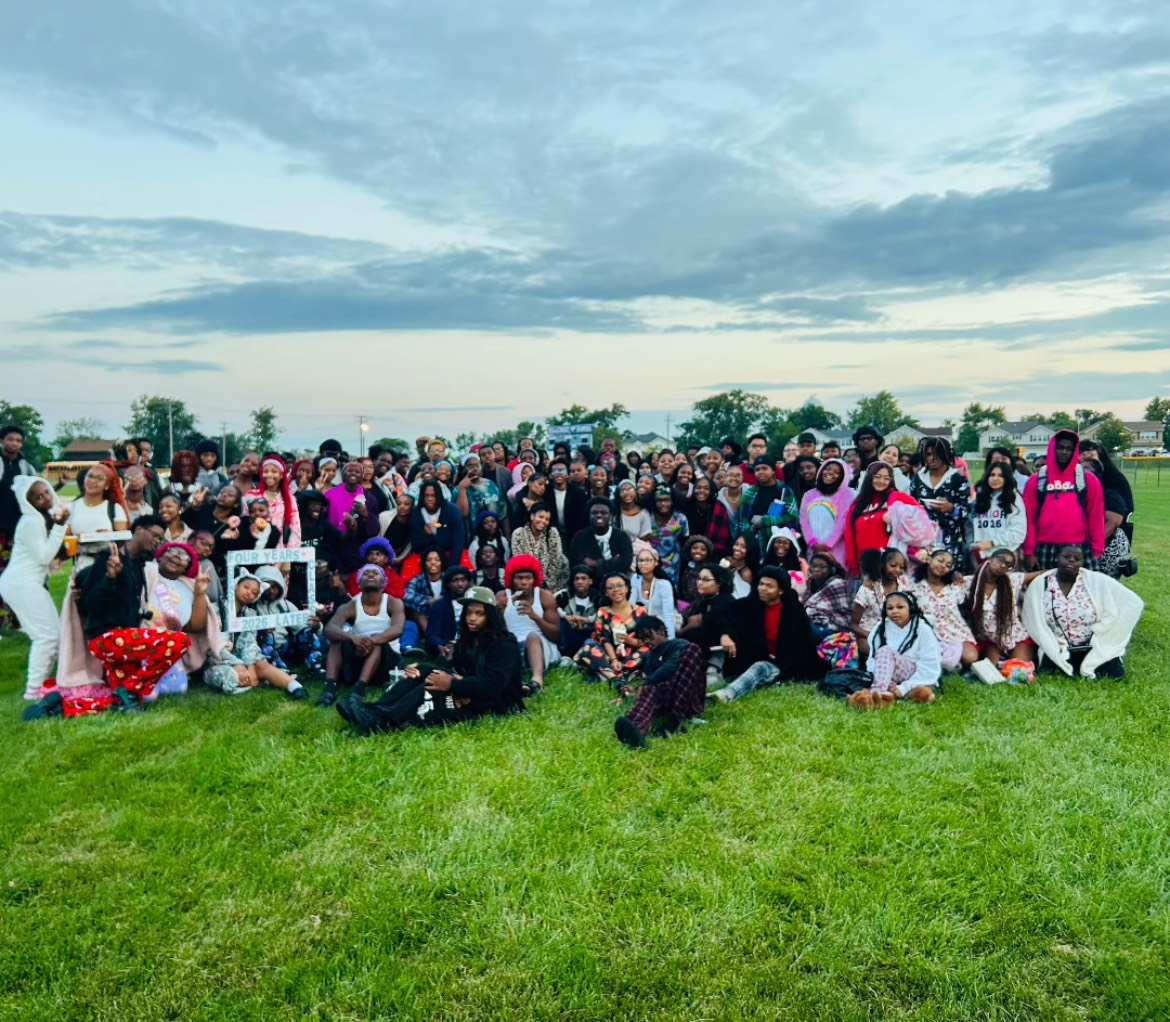



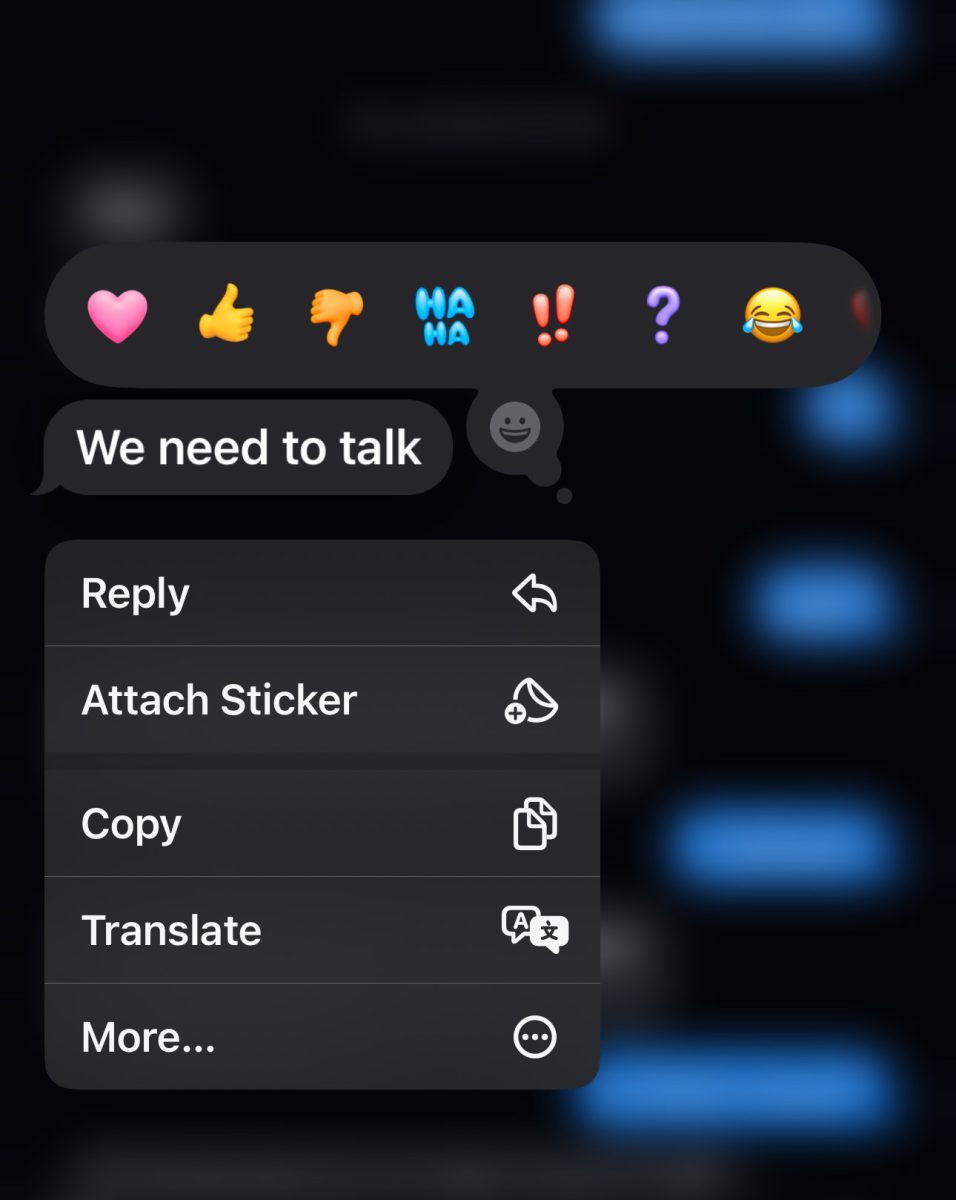
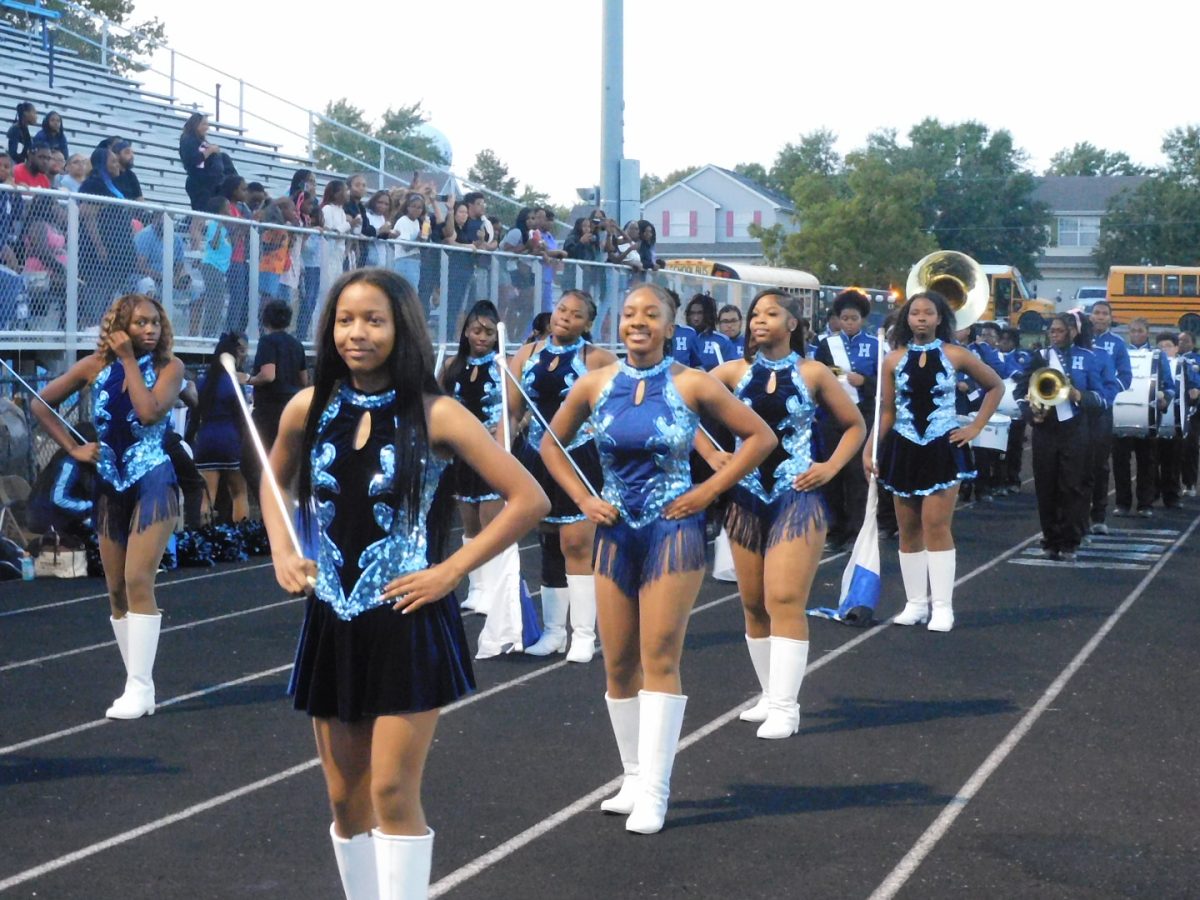

















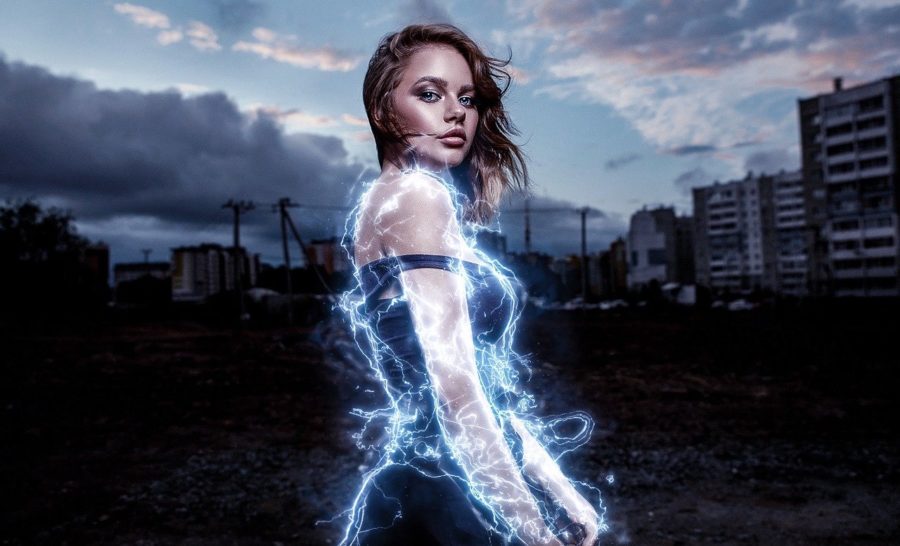



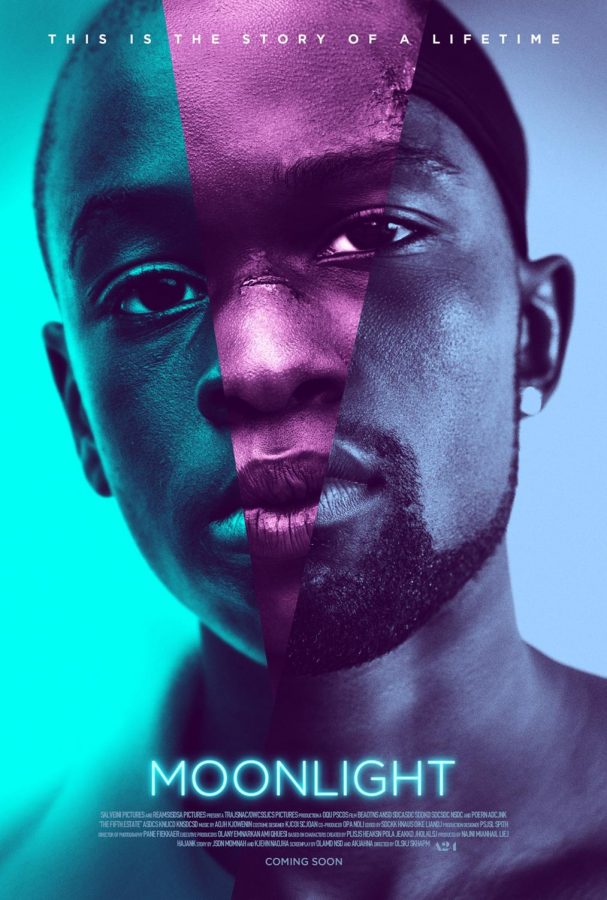


R Martin • Jan 3, 2021 at 12:53 pm
This was an emotional film, and as you rightly pointed out, Kamira, told in a way that is different than many other movies. I thought that you captured what the filmmaker was trying to convey in your review.